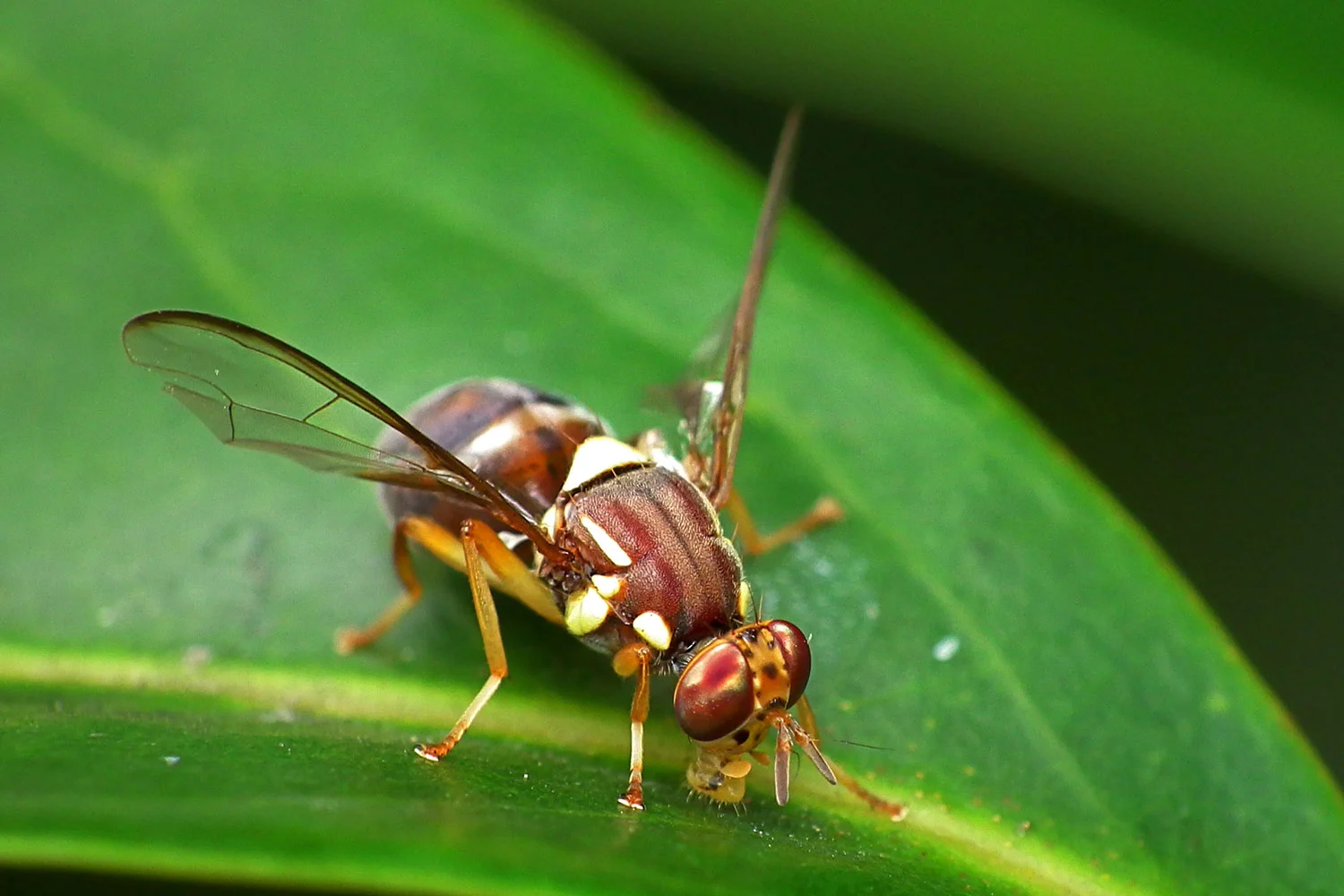The Brazilian government has declared an urgent health crisis in the four northern states of Amapá, Amazonas, Pará, and Roraima.
The cause is the carambola fruit fly (Bactrocera carambolae). This pest threatens both agriculture and human health.
This emergency status will last for one year. Its purpose is to improve monitoring and control of this pest. The government aims to stop its spread to nearby states.
The carambola fruit fly originally comes from Indonesia, Malaysia, and Thailand. It first appeared in Brazil in Amapá in 1996.
This insect is dangerous to Brazilian agriculture. It harms human health, healthy food production, and the economy. The fruit industry is especially at risk.

This fruit fly lays eggs in fruits, which then hatch into larvae. These larvae speed up the fruit’s rotting and falling off trees.
The fly’s favorite fruit is the carambola. However, it also infests other fruits like guava, mango, jambo, acerola, and mandarin.
Infested fruits become inedible. Controlling this pest also raises costs.
In 2017, Brazil’s Ministry of Agriculture introduced plans to fight this pest. They focused on areas where the pest was found.
Until 2023, the fruit fly was limited to Amapá, Roraima, and Pará. But in March, Roraima entered a long-term quarantine.
This emergency led to various protective actions. They include efforts in orchards and markets and monitoring transport and luggage.
These actions prevent the spread of the pest. People are advised not to move fruits from infested areas. There are also tips on using traps and insecticides.

